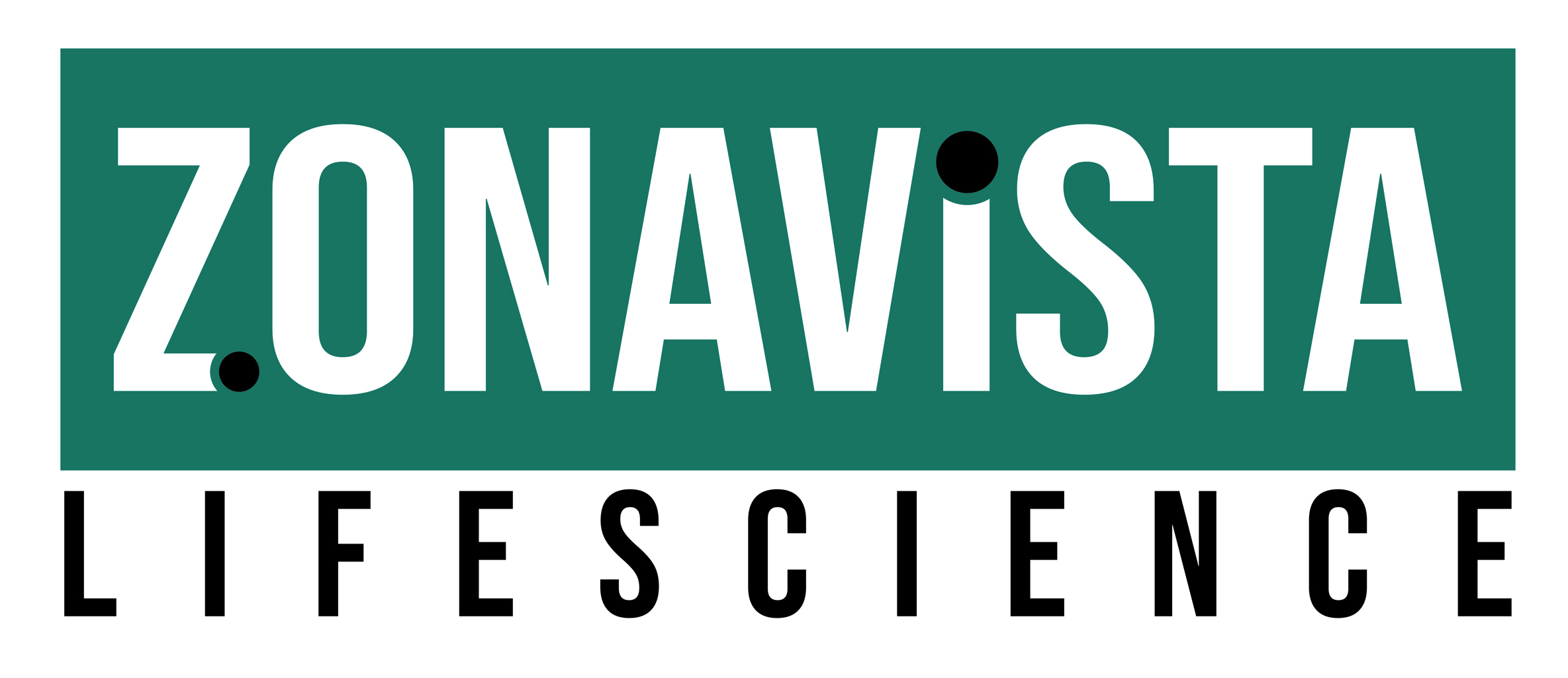individualized drug represents a revolutionary shift in healthcare, moving down from a one- size- fits- all approach to treatments acclimatized specifically to the individual characteristics of each case. As we continue to uncover the complications of mortal biology and influence technological advancements, arising curatives in individualized drug hold great pledge for perfecting patient issues and transubstantiating healthcare. In this blog, we will explore the crucial factors, advancements, and unborn directions of individualized drug.
Understanding Personalized Medicine
individualized drug, also known as perfection drug, is an approach that considers individual differences in genes, surroundings, and cultures when diagnosing and treating conditions. By integrating genomic information with clinical data, healthcare providers can develop targeted curatives that are more effective and have smaller side goods than traditional treatments.
The conception is embedded in the idea that the effectiveness of a treatment can vary significantly among cases. For case, two cases with the same complaint may respond else to the same drug due to inheritable variations. individualized drug aims to identify these differences and knitter treatments consequently.
Advancements in Genomics
One of the driving forces behind the growth of individualized drug is advancements in genomics. The completion of the Human Genome Project in 2003 was a corner achievement that paved the way for understanding inheritable variations and their part in health and complaint.
moment, coming- generation sequencing( NGS) technologies allow for rapid-fire and cost-effective analysis of an existent’s genome. These technologies enable clinicians to identify inheritable mutations that may impact complaint threat and treatment response, allowing for more precise judgments and targeted curatives.
Targeted curatives
Targeted curatives are a foundation of individualized drug. These treatments are designed to specifically target molecular pathways involved in complaint processes. For illustration, in oncology, targeted curatives are used to treat cancers that have specific inheritable mutations, similar as HER2-positive bone cancer or BRAF- shifted carcinoma.
By fastening on the molecular underpinnings of complaint, targeted curatives can ameliorate treatment efficacity and minimize damage to healthy apkins, performing in better case issues. The success of targeted curatives has urged ongoing exploration into developing new agents that can target a broader range of conditions.
Biologics and Biomanufacturing
Biologics, including monoclonal antibodies, vaccines, and gene curatives, are getting decreasingly important in individualized drug. These curatives influence natural processes to produce targeted treatments, frequently acclimatized to individual cases.
Advancements in biomanufacturing ways have enhanced the capability to produce these complex curatives efficiently. For case, Auto- T cell remedy, which modifies a case’s T cells to attack cancer cells, represents a slice- edge operation of individualized drug. Ongoing exploration is concentrated on optimizing these curatives and expanding their operations beyond oncology to other conditions, similar as autoimmune diseases.
Artificial Intelligence and Big Data
The integration of artificial intelligence( AI) and big data analytics is transubstantiating individualized drug. AI algorithms can dissect vast datasets, including genomic information, electronic health records, and clinical trial data, to identify patterns and prognosticate treatment responses.
By employing the power of AI, experimenters can accelerate medicine discovery, optimize clinical trial designs, and ameliorate patient position. For illustration, machine literacy models can prognosticate which cases are most likely to profit from a particular remedy, enabling further informed decision- making in clinical practice.
The part of Pharmacogenomics
Pharmacogenomics, the study of how genes affect a person’s response to medicines, plays a pivotal part in individualized drug. By assaying inheritable variations that impact medicine metabolism and efficacity, healthcare providers can conform drug rules to individual cases.
In 2023, pharmacogenomic testing is getting decreasingly common in clinical practice. For illustration, cases with specific inheritable labels may admit different tablets or volition specifics grounded on their inheritable profile. This approach not only enhances treatment effectiveness but also reduces the threat of adverse medicine responses.
Challenges in perpetration
Despite the pledge of individualized drug, several challenges remain in its perpetration
Cost and Availability The costs associated with genomic testing and targeted curatives can be prohibitive for some cases. icing indifferent access to these advanced treatments is essential for realizing the full eventuality of individualized drug.
Regulatory Hurdles As substantiated curatives continue to evolve, nonsupervisory fabrics must acclimatize to address the unique challenges associated with these treatments. This includes establishing guidelines for the blessing of genomic tests and targeted curatives.
Data sequestration and Security The use of genomic data raises important questions about case sequestration and data security. guarding sensitive information while icing its applicable use in clinical decision- timber is critical.
Education and Training Healthcare providers must be equipped with the knowledge and chops to interpret genomic data and incorporate individualized drug into their practice. Ongoing education and training are vital to achieving this thing.
unborn Directions
The future of individualized drug is bright, with ongoing exploration and invention driving progress in this field. crucial areas of focus include
Expansion of Biomarker Discovery Continued exploration into biomarkers will enhance our understanding of complaint mechanisms and treatment responses, enabling the development of indeed further targeted curatives.
Integration ofMulti-Omics Approaches Combining genomic, proteomic, and metabolomic data will give a further comprehensive view of individual case biographies, leading to better treatment strategies.
Case Engagement Empowering cases to share in their healthcare opinions and understand their treatment options will be pivotal for the success of individualized drug.
Conclusion
Arising curatives in individualized drug are transubstantiating the geography of healthcare, offering the eventuality for further effective, acclimatized treatments that ameliorate patient issues. As advancements in genomics, targeted curatives, and data analytics continue to evolve, the future of individualized drug looks promising.
While challenges remain, the ongoing commitment to exploration, collaboration, and education will pave the way for a more individualized approach to healthcare. By embracing these inventions, we can move closer to a future where every case receives the right treatment at the right time, eventually enhancing the quality of care and perfecting health issues for all.

